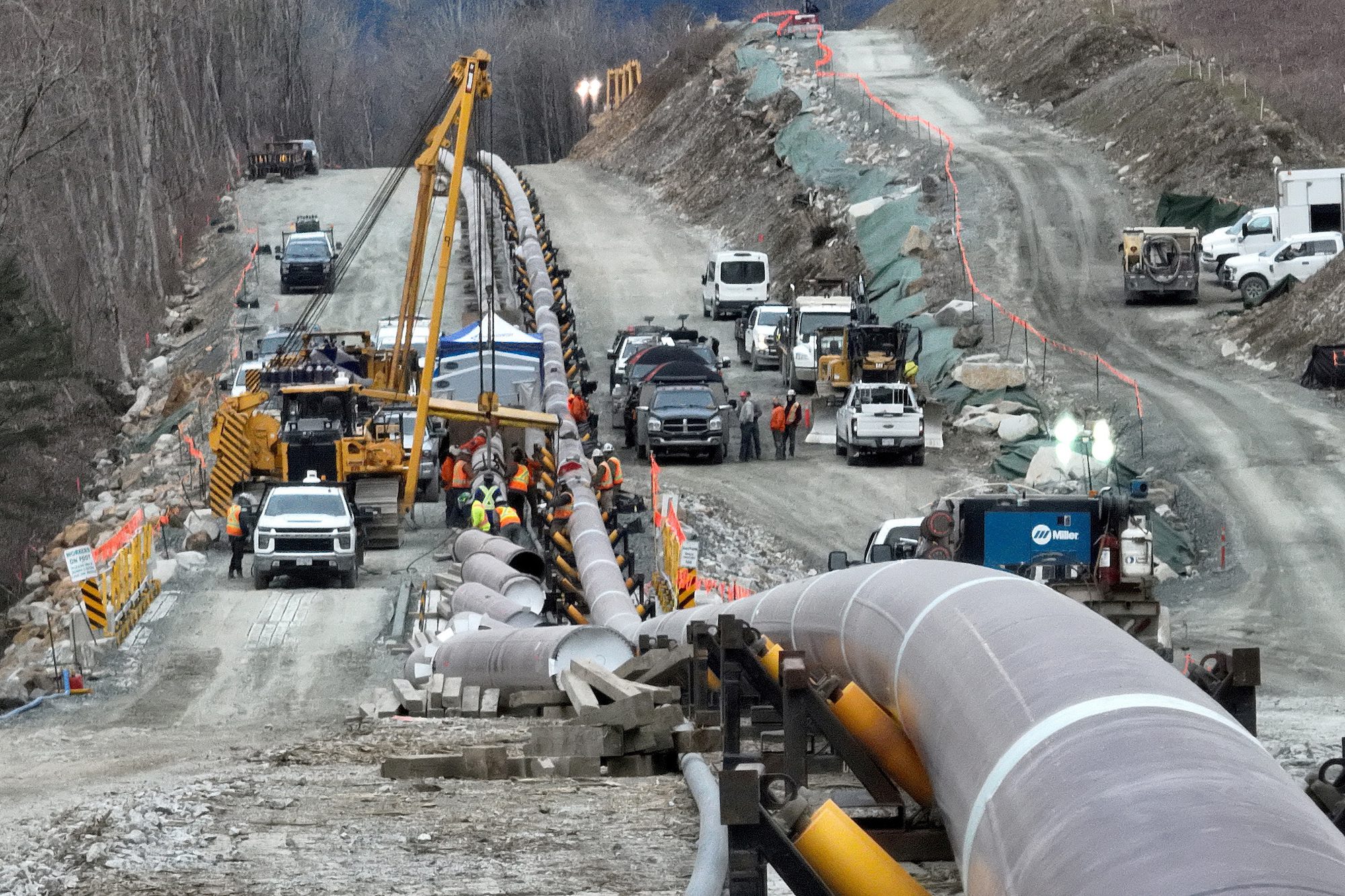Introduce Resolution Calling for Adequate Guidance for Shallow and Deep Water Operators
WASHINGTON, D.C. – Today, a bipartisan group of U.S. Senators, led by Kay Bailey Hutchison (R-Texas) and Mary Landrieu (D-La.), urged the U.S. Department of the Interior to help get oil and gas exploration workers back on the job by streamlining the review process for shallow and deep water drilling applications and providing adequate guidance to those seeking new permits.
Hutchison and Landrieu were joined by Sens. Mark Begich (D-Alaska), Thad Cochran (R-Miss.), John Cornyn (R-Texas), Lisa Murkowski (R-Alaska), Jeff Sessions (R-Ala.), Richard Shelby (R-Ala.), and Roger Wicker (R-Miss.), in introducing a Senate resolution urging timely review of applications. In addition, the resolution requests that Interior Secretary Ken Salazar provide both industries with a sample application to be used as a template.
Last year, the lawmakers also introduced a similar resolution and sent Interior Secretary Ken Salazar a letter, pressing the Department of the Interior to provide guidance to the shallow water industry as to how new requirements can be satisfied so the agency can resume the approval of shallow water permits.
While the moratoria on shallow and deep water drilling have been lifted, bureaucratic delays have caused a de facto moratorium. The Obama Administration imposed an overall drilling moratorium on May 6, 2010. The moratorium on new shallow water permits was officially lifted on May 28 and the deep water drilling ban was lifted on October 12. Since the moratoria were lifted, the Department of the Interior has failed to issue any new deep water drilling permits and less than 35 new shallow water permits.
The Department of the Interior’s new requirements have not been clearly outlined to shallow or deep water operators, which has prevented applications from being approved. As a result, at least 12 rigs (shallow and deep water) have left the Gulf of Mexico, many of them departing for international work, sending American jobs overseas.
The Gulf of Mexico produces about 30 percent of oil in the United States and about 10 percent of the country’s natural gas. More than 400,000 jobs across the Gulf Coast are tied to the offshore drilling industry. In 2009, the offshore drilling industry accounted for $70 billion in economic activity and provided about $20 billion in revenue to federal, state and local governments.
“In spite of the offshore drilling moratoria being lifted, permit delays are causing rigs to sit idle and threatening to send American jobs and tax revenue overseas. Energy producers must have adequate guidance on new safety and environmental regulations so they can put Americans back to work and continue to strengthen our domestic energy supply to keep fuel costs low,” said Hutchison.
“It has been nearly 10 months since the Deepwater Horizon disaster and the Interior Department still has not streamlined the shallow water permitting process,” said Landrieu. “This de facto shallow water drilling moratorium is having a painful impact on the Gulf Coast’s economy. Just last week, Seahawk Drilling announced that it will file for bankruptcy primarily because of a lack of permits being issued. I don’t know how much more it will take before this administration understands the harsh consequences of its intransigence. The livelihoods of thousands of people in the Gulf region and the energy security of our entire nation will continue to be threatened, unless the administration moves quickly to issue shallow water permits.”
“The effects of the Deepwater Horizon tragedy spread far and wide, even to offshore Alaska. While we support reasonable environmental protections, we need to buckle down and get this work done. Development timelines in the Arctic are already long enough and further delay will only have oil companies investing the sizeable capital it takes to get these projects done elsewhere,” said Begich.
“The ongoing delays in the offshore permitting process have cast a pall on offshore energy production and the overall Gulf Coast economy. Nobody wants a repeat of the Deepwater Horizon blowout, but neither do we want to hamstring an industry that creates jobs, contributes to our state’s treasury and improves American energy security,” said Cochran. “This resolution outlines the steps the Interior Department should take to truly allow offshore shallow and deepwater energy exploration.”
“If President Obama refuses to remove the current permitorium blocking jobs along the Gulf Coast, he clearly isn’t serious about clearing the road to economic recovery. These American businesses bolster our nation’s energy security, provide jobs for thousands of men and women, and fuel the local economy. We need to encourage their growth, not hinder it by putting them at a competitive disadvantage. The longer this Administration chooses to delay on issuing permits, the longer they endanger jobs for thousands of America’s Gulf Coast workers,” said Cornyn.
“The administration has dragged its feet long enough on shallow-water drilling. When companies start filing for bankruptcy protection – as Seahawk Drilling did recently – it’s time to end the de facto moratorium on shallow-water drilling and let people get back to work producing the energy America depends on,” said Murkowski, the top Republican on the Senate Energy and Natural Resources Committee. “While I support common-sense improvements to safety regulations in the Gulf of Mexico, regulators must provide companies with a clear path to obtain the permits needed for drilling.”
“In a time of economic instability and high gas prices, the safe production of domestic oil and gas is critical to maintaining and creating jobs in the United States. Since the moratorium on deepwater drilling was lifted last fall, only two deepwater drilling permits have been approved. It is imperative that the Department of the Interior take the necessary steps to streamline the shallow and deep water permit process in order for drilling to resume in the Gulf of Mexico. We need to reduce our dependency on foreign oil, and by utilizing the energy resources we have here at home, we are able to keep jobs and wealth in the United States,” said Sessions.
“Red tape and bureaucracy have amounted to a de facto moratorium on shallow water drilling in the Gulf. While drilling companies must comply with all safety standards, it is the Interior Department’s responsibility to provide clarity on what exactly is required in a timely manner,” said Shelby. “The Obama Administration needs to quit dragging its feet; our nation needs the energy produced by shallow water drilling and thousands of people in the Gulf rely on these jobs.”
“We are importing far too much oil,” said Wicker. “The President’s continued obstruction to offshore energy exploration hampers our ability to meet our energy needs. Arbitrarily limiting American production not only worsens our dependence on foreign energy sources, it costs us important jobs.”
(c) 2011 Federal Information & News Dispatch, Inc.
Unlock Exclusive Insights Today!
Join the gCaptain Club for curated content, insider opinions, and vibrant community discussions.

 Join The Club
Join The Club












